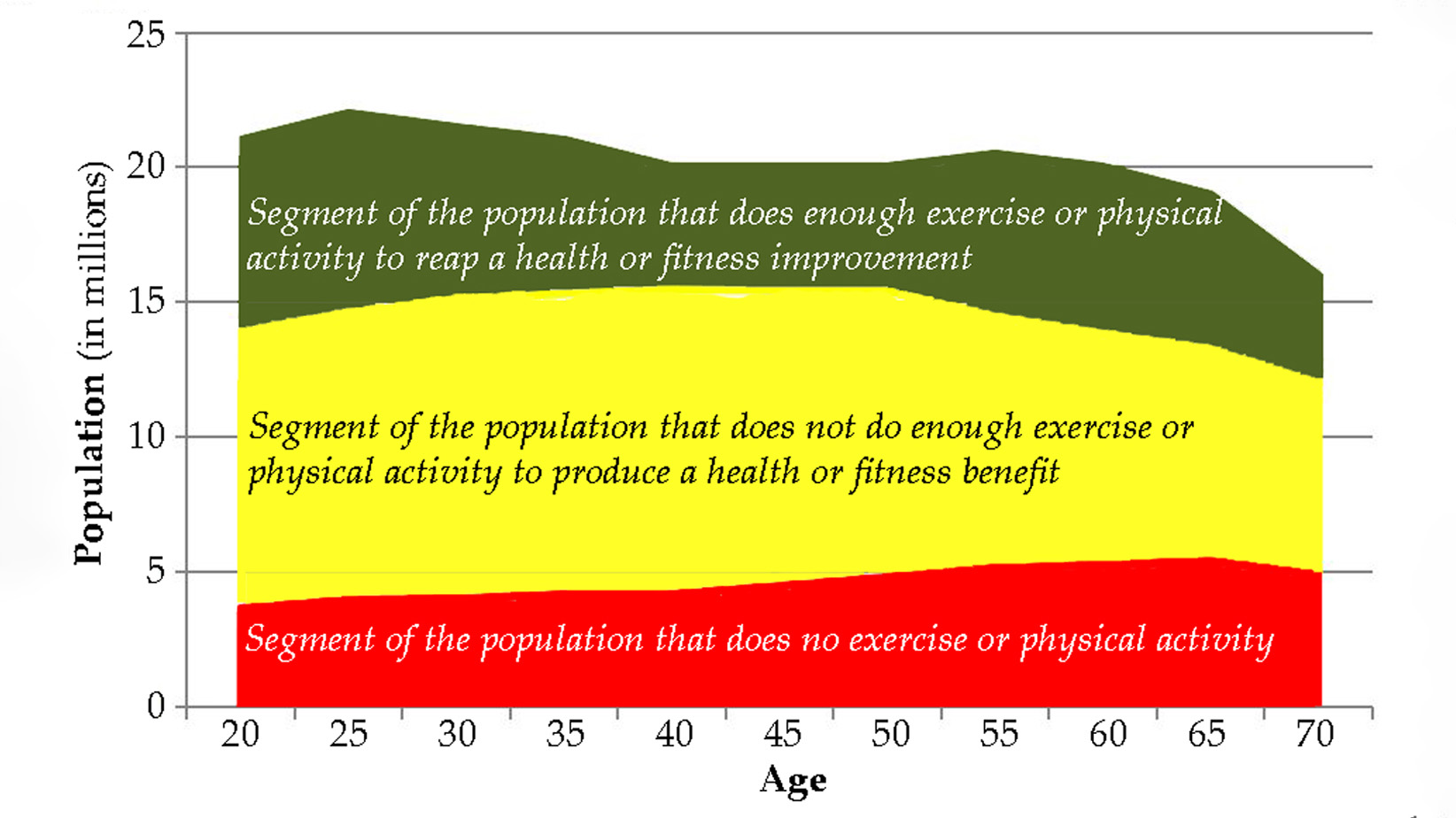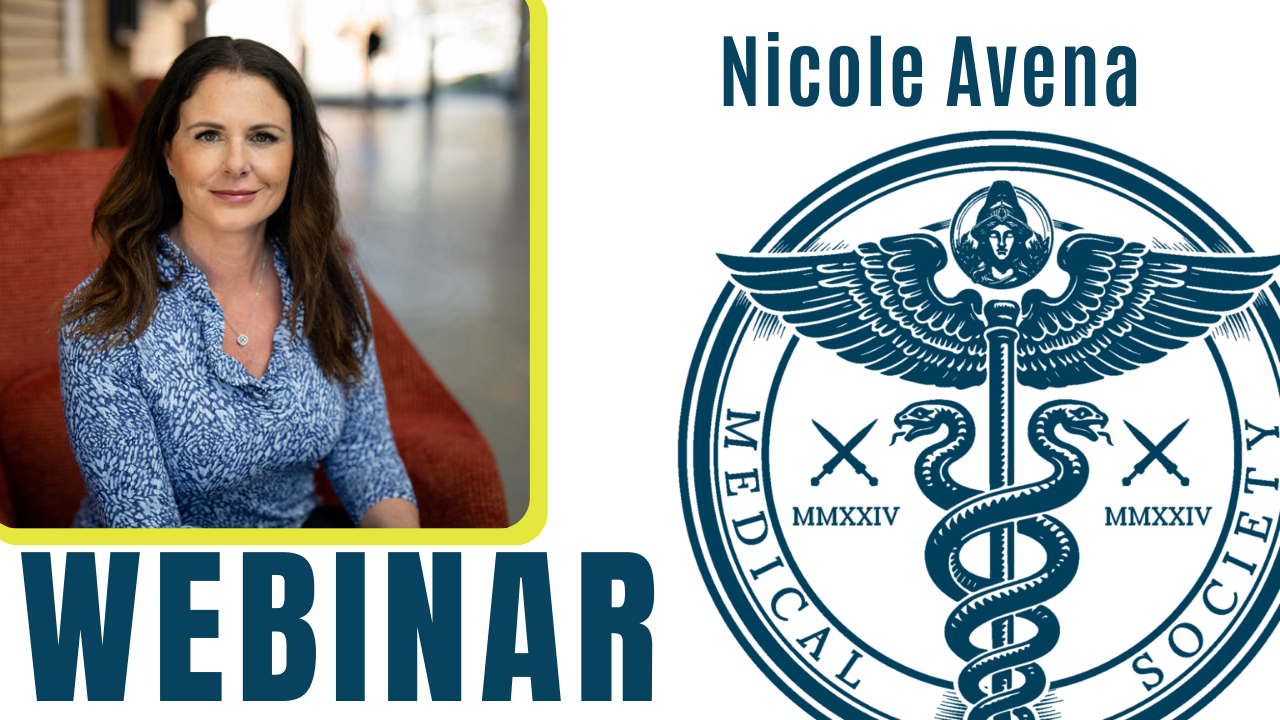In this second installment, BSI’s Emily Kaplan breaks down the difference between corollary studies and causal studies. Corollary studies can show relationships between data sets, they do not establish cause.
Emily cites a recent study about children and screen time, which linked screen exposure to developmental delays. While the study did establish a connection between the two, this was not a causal study, so claims that screen time causes developmental delays should not be made.
TRANSCRIPT
Hi it’s Emily from the broken science initiative.
I just came across a news story that’s spreading like wildfire that I thought would be a great example for us to talk about the difference between correlation and causation.
So correlation is when you have a couple data points, you’re trying to find some potential relationship between the two of them. It’s often a great way of trying to figure out if there is a relationship between things, and then you can go on and decide to build an experiment to test that hypothesis. There is nothing that tells you about cause in a correlation.
So when you see things like “this instance of something is linked to this” it’s usually a sign that it’s a corollary study, not a causal study. And a causal study would really be like a randomized clinical trial. So it’s a totally different animal, and even with that we have issues with claiming cause, right?
So if we just unpack these two concepts that should be really clear and simple for people to understand, despite the fact that they’re widely misused. Hopefully you’ll start to see why these kinds of studies in this reporting and then us all getting up in arms about certain things is a little bit premature.
So the study that really caught my attention is looking at kids and screen time. And it was a great idea to sort of study kids and screen time, right? We’re all interested and our kids are on screens more. Is this having a negative effect on them? What about screens could potentially be good or bad, right? We don’t really know much about this. There’s no long-term data because obviously kids weren’t on screens a long time ago.
So this study was interesting because it was more than 7,000 kids and they were looking at them from the age of one through the age of four, or something like that. So they followed them for a couple years but they were really interested in developmental delays that came with kids who were exposed to screens for one to four hours a day over this sort of early period of life. And the conclusion that they come to, and what is being reported everywhere, is that kids who are on screens a lot. Right? So one to four hours a day for the first year of their life at least, are experiencing delays in communication, problem solving, everything from like fine motor skills, …it really is… they’re throwing everything at it.
And you know, I think that’s potentially, that’s great. I’m a mom and I definitely am not in favor of my kids being on screens all the time, it’s a battle we fight every day over here. But I also think like we have to be really, really careful about making a causal claim to something that was not a causal study. Right?
So there’s a lot of factors that go into deciding what is causing these developmental delays in kids. And so you know some of the things that initially come to mind; is this a passive activity, is the kid engaged with a grown-up or another child or something while they’re watching TV or on their iPads or devices? And if they’re not is that what’s causing the delay or is it actually the screen and the activity of being on a screen.
So I naturally ask a lot of questions and so it occurs to me, would you see the same results with reading? If you’re reading to a one-year-old three to four times a day, there’s definitely not the negative connotation with it, we all think reading is great for kids. But it is passive, and they’re not interacting. And they’re not doing something with their hands at the same time any differently than they would if they were watching TV. Like we’re really attributing this to screen time, but it may just be that it’s when you’re on a screen you’re not doing these other things. Versus being on the screen is bad.
And I’m making all kinds of leaps here myself. So we just don’t know enough to say that there’s this causal relationship. And we see this a lot.
There was an example a couple of years ago when we were really focused as a culture, looking at police funding and the movement to defund the police. And the Washington Post had a big story where they claimed that there was no decrease in crime rates when police funding was increased. So it was making the argument like police funding doesn’t actually have any impact on crime. And that was hugely flawed… that study had a lot of problems. But one of which is that we know that the police get more money when crime rates are higher. So you’re starting at a base of a high crime rate where you’re looking at a place where there’s a of funding. You can’t separate that. You can’t ignore that starting fact, which a corollary study can.
It can ignore whatever facts it wants. It’s just really looking at two data sets and trying to see if there’s a relationship.
So a causal study is considering, you know, causes essentially. You have one event that happens and you’re looking at another event. And how does this event cause this event?
A corollary study is not doing that. It’s saying is there any relationship between these?
So some of the sort of fun silly ways to remember this and keep this in the forefront of your mind. You could say that an increase in sunscreen use leads to an increase in drownings. Now we know that’s ridiculous. There’s nothing about wearing sunscreen that’s going to make you more likely to drown, or your child to drown. But we know that in the summer months people are more likely to wear sunscreen. They’re also more likely to swim.
So there is definitely a connection between sunscreen use and drowning. It’s not causal. It’s corollary.
Another good one that people like to say is rain and umbrellas. Right? There is a corollary relationship. When we have a lot of rain there’s more umbrella use. But to say that the umbrellas are causing the rain would be ridiculous. As would it be to say the inverse. That you know, the rain causes umbrella use, or umbrella use causes rain. Like these things don’t make any sense. There’s no causal relationship between the two. You could use an umbrella for, you know, sun protection or all kinds of other things. So we don’t need to get into that too deeply.
But it’s important to have some examples that remind you that when you see “such-and-such is linked to such-and-such” it’s probably not causal in any capacity. And you could be interested in the data, that doesn’t mean that you should jump to some conclusion about what it’s saying.
Hope that’s helpful.
Emily Kaplan is an expert in strategy and communication. As the CEO and Co-founder of The Broken Science Initiative, she is building a platform to educate people on the systemic failings in science, education and health while offering an alternative approach based in probability theory. As the principal at The Kleio Group, Emily works with high profile companies, celebrities, entrepreneurs, politicians and scientists who face strategic communication challenges or find themselves in a crisis.
Emily’s work as a business leader includes time spent working with large Arab conglomerates in the GCC region of the Middle East looking to partner with American interests. Emily acquired Prep Cosmetics, expanded it to become a national chain and revolutionized the way women bought beauty products by offering novel online shopping experiences, which are now the industry standard. She was a partner in a dating app that used the new technology of geolocation to help interested parties meet up in real life. Emily developed Prime Fitness and Nutrition, a women’s health concept that focused on the fitness and diet needs of women as they age, with three physical locations. She was the host of the Empowered Health Podcast, and wrote a column in Boston Magazine by the same name, both of which focused on sex differences in medicine.
Emily is an award winning journalist who has written for national newspapers, magazines and produced for ABC News’ 20/20, Primetime and Good Morning America. She is the author of two business advice books published by HarperCollins Leadership. Emily studied Advanced Negotiation and Mediation at Harvard Law School. She has a Masters of Science from Northwestern University and received a BA in history and psychology from Smith College.
Support the Broken Science Initiative.
Subscribe today →
recent posts
Expanding Horizons: Physical and Mental Rehabilitation for Juveniles in Ohio
Maintaining quality of life and preventing pain as we age.


